Study of Ecology as an independent discipline is about 50 years old in India. The ecological theories and principles not only apply to plants and animals in their natural environment but also to human beings on a global scale. This offshoot of ecology i.e. the study of ecological principles and their application to the Human situation, a key for sustainable development, has been known as Environmental Sciences. This science not only deals with system concept, resources and pollution, it also encompasses human Ecology, Population and control Environmental Policy and Management, Environmental Law, Environmental Economics and Sustainable Development. During the last 24 years since the first Earth Day Celebration in 1970, the world lost nearly 200 million hectares of tree cover, deserts expanded by some 120 million hectares, thousands of plant and animal species with which we shared the planet in 1970 no longer exist. Over two decades, some 1.6 billion people were added to the world’s population and the world’s farmers lost an estimated 480 billion tons of top soil which is roughly equivalent to the amount of India’s cropland. Such planetary degradation proceeded despite the environmental protection efforts of the National Governments over the last 20 years. We are beginning to experience a hotter climate, holes in the protective ozone shield, toxic chemicals in ground water, food contaminated with pesticide residues, depletion of forests, increasing extinction of species and famines. The solution lies with the creation of a sustainable society or alternatively, we have to bear the consequences of rapid deterioration of natural environment. India is still in an advantageous position for being in the early stage of industrial development. It would be possible to take adequate preventive measures to avoid the problems being faced by the Developed countries regarding Environmental deterioration. Although National Legislatures passed many laws to protect the environment and thousands of grassroots environmental groups sprang up in response to locally destructive activities, the reason for such failure lies with the lack of willingness to make basic changes needed to reverse it. We have gathered enough information in the changes in the quality of our Land, Water and Air due to industrialization, urbanization and rapid population growth. What we need is to have implementable policy and laws, to develop low cost technology for waste treatment, to change the human reproductive behaviour and to educate people at grassroot level. A major difficulty in our attempts to solve problems such as over population and pollution is conflict between the short-term welfare of individuals and the long-term welfare of the society. The topics covered the present book are: Air Pollution Monitoring; Air Pollution Control, Ganga Action Plan; Waste Water Treatment; Water Supply Management; Industrial Pollution Abatement and Environment Audit.
Environmental Pollution and Control
In stock
Free & Quick Delivery Worldwide
reviews
Bibliographic information
Title
Environmental Pollution and Control
Author
Edition
1st ed.
Publisher
ISBN
9788176485340
Length
viii+161p., Figures; Tables; Index;; 23cm.
Subjects

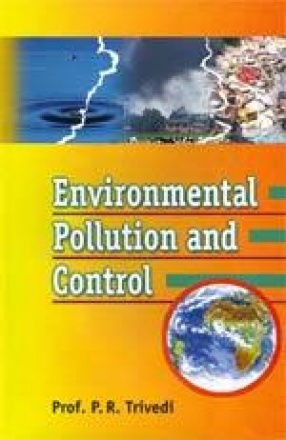
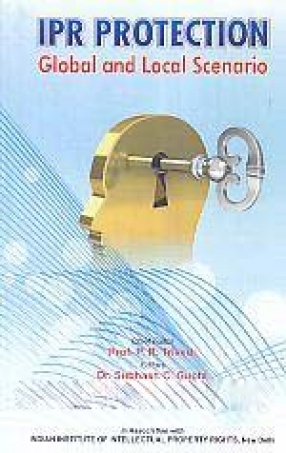
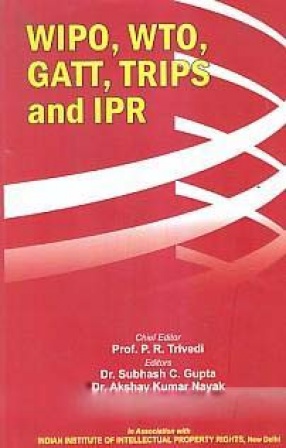
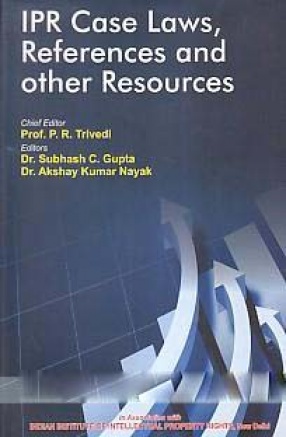


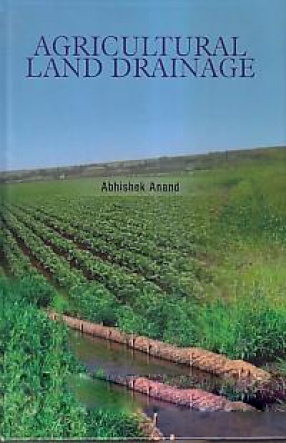
There are no reviews yet.